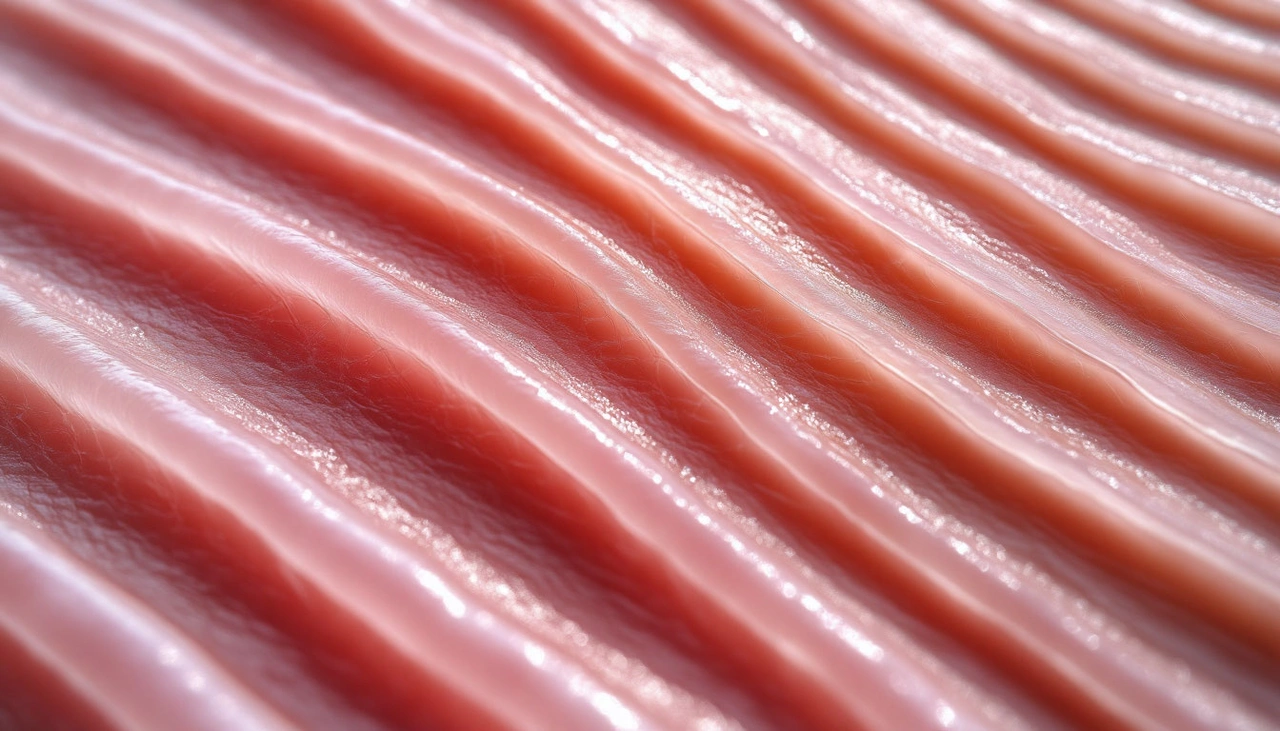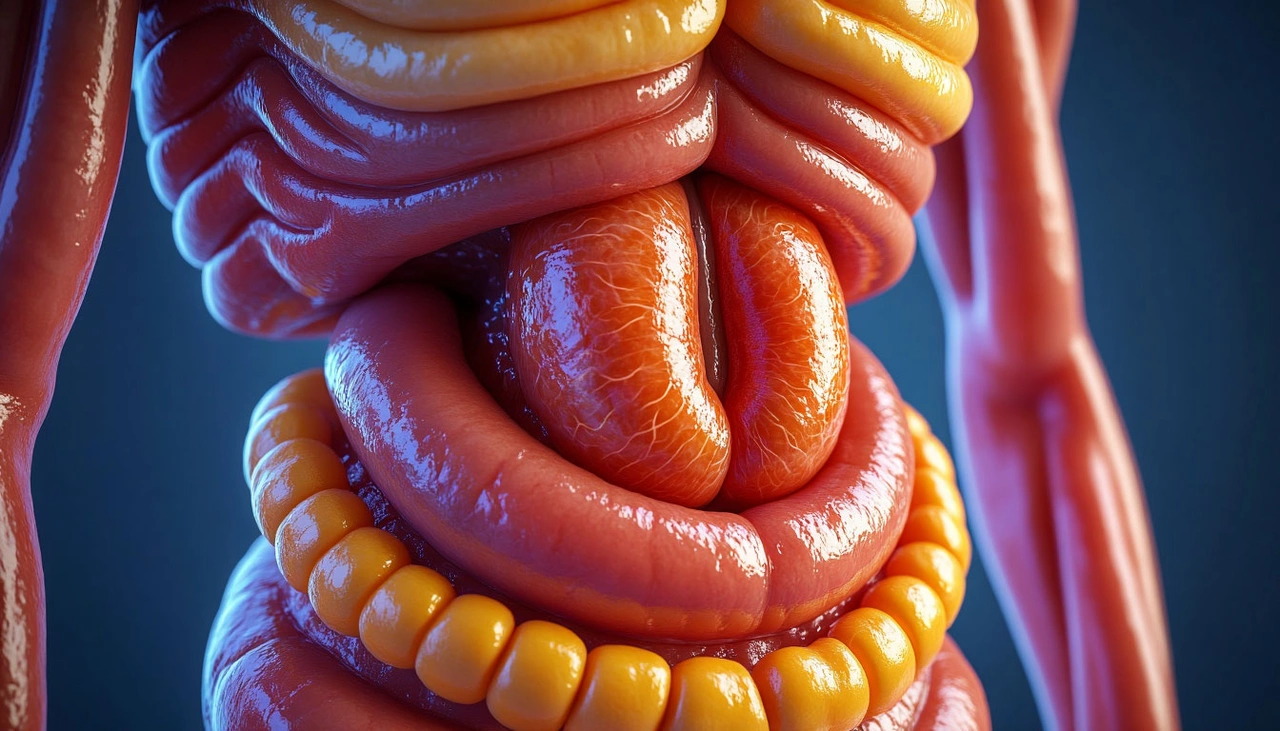🧬 Smart Nutrition After 40: The Ultimate Vitamin Guide for Women

🔬 Why Women Over 40 Need Specialized Vitamins
As women cross the 40-year mark, their bodies undergo profound biological changes. Collagen production drops, metabolism slows, hormones begin to fluctuate, and nutrient absorption declines. These shifts don’t just affect how we feel — they directly influence how we age, think, look, and move.
Understanding these changes is the first step in supporting your health holistically. And vitamins are not just about “filling the gaps” — they’re a powerful tool for prevention, protection, and performance.
🧠 The 7 Big Shifts After 40 — and How Vitamins Help
1️⃣ Collagen Decline & Skin Aging
By the time women hit 50, they’ve lost up to 30% of structural collagen (Type I) and 50% of elastic collagen (Type III). This leads to wrinkles, loss of facial definition, and thinner skin — especially in delicate areas like the neck and décolleté.
Nutritional Support:
- Hydrolyzed Collagen Peptides: Stimulate natural collagen synthesis
- Vitamin C: Essential for forming strong collagen fibers
- Hyaluronic Acid: Retains moisture in skin for elasticity and plumpness

2️⃣ Sluggish Metabolism & Muscle Loss
Resting metabolic rate declines by 5–10% each decade after 40. Women also lose about 3–5% of lean muscle every 10 years. Less muscle = slower metabolism = higher fat retention and insulin resistance.
Key Nutrients:
- B Vitamins (B6, B12, Folate): Critical for energy production
- Magnesium: Involved in over 300 enzymatic reactions
- Omega-3 Fatty Acids: Reduce inflammation and improve insulin sensitivity
3️⃣ Hormonal Shifts & Mood Instability
Even before menopause, levels of estrogen and progesterone start to fluctuate wildly. This can trigger hot flashes, mood swings, anxiety, and sleep disruptions.
Top Support:
- Phytoestrogens: Found in soy and red clover, help mimic estrogen
- Vitamin E: Shown to reduce hot flash frequency (Menopause, 2021)
- Magnesium Glycinate: Calms the nervous system and supports sleep

4️⃣ Bone Density Loss
By 50, many women begin losing 2–3% of bone mass annually. The risk of fractures, especially in the hips and spine, increases dramatically with age.
Critical Nutrients:
- Vitamin D3 (50–80 ng/mL optimal blood level)
- Vitamin K2 (MK-7): Guides calcium into bones, not arteries
- Strontium: Boosts bone mineral density
5️⃣ Poor Nutrient Absorption
After 40, low stomach acid and gut imbalances impair absorption of essential nutrients like Vitamin B12, magnesium, and iron.
Optimized Solutions:
- Active Vitamin Forms:
B12 as methylcobalamin
Folate as L-methylfolate - B12 as methylcobalamin
- Folate as L-methylfolate
- Probiotics: Strains like Lactobacillus and Bifidobacterium restore gut health

Close